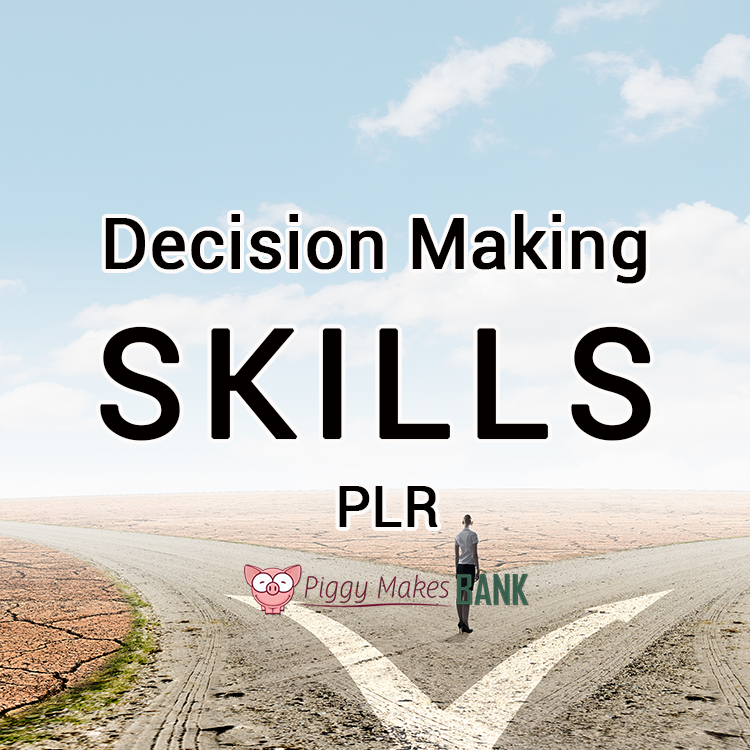Within the current fast-paced society, the ability to make sound choices is increasingly crucial than before. Be it in personal life, at the workplace, or in the wider context of communities, our decisions can have significant impacts on our futures. While many rely strongly on data and analytical thinking, there is a growing recognition of the invaluable role that instinct plays in decision-making. Often characterized as a instinctive sensation, this inner sense can lead us in moments when time is short or when the data available is incomplete.
Understanding the dynamics between intuition and logic is essential for mastering the art of smart decision-making. Learn here can act as a powerful complement to structured decision-making models, providing a harmony between emotional intelligence and rational analysis. By learning how to utilize this inner wisdom, we can improve our decision-making abilities and navigate life's challenges with increased confidence. In this article, we will explore various techniques to refine our decision-making methods and uncover the psychology behind great choices, enabling readers to trust their instinct while also relying on critical reasoning.
Grasping Intuition during Decision-Making
Intuition is often characterized as a gut feeling that guides our decisions without the need for lengthy analytical thought. It operates below the level of our conscious mind, utilizing our previous experiences, knowledge, and feelings reactions to arrive at judgments rapidly. This subconscious mechanism allows individuals to make decisions rapidly, which can be particularly helpful in pressured situations in which analytical thinking may result in indecision.
Investigations in social science indicates that gut feeling can considerably enhance decision-making, as it taps into our innate capability to evaluate situations based on nonverbal cues and intuition. However, relying solely on gut feelings can be deceptive, especially if our feelings or preconceptions obscure our evaluation. Achieving the right balance between intuition and rational analysis is crucial for making sound decisions, notably in high-risk scenarios.
Understanding the function of instinct entails understanding its advantages and limitations. Even though it can result in quick and effective selections, it is important to foster awareness of oneself and reflective thought. By reviewing previous choices and acknowledging the underlying emotional factors, individuals can enhance their intuitive competencies and enhance their choices. This combination of intuition and rational thinking fosters higher assurance in the judgments we make, ultimately culminating in increasingly favorable outcomes.
Methods to Boost Decision Making Abilities
Improving decision making skills commences with clearly defining your goals and understanding the setting of your choices. Spend the time to determine what you genuinely want to accomplish before assessing your options. This clarity not just simplifies the decision-making process and also helps you align your decisions with your principles. Think about developing a vision board or writing down your goals to keep your focus clear. By defining clear objectives, you will be more prepared to identify which options actually support your best interests.
One effective method to improve decision-making is to adopt a formal decision-making framework. This could involve using tools such as the SWOT analysis to analyze the advantages, weaknesses, opportunities, and risks related to your choices. On the other hand, you might use the matrix method or a benefit-cost analysis to consider the advantages and disadvantages systematically. By implementing these techniques, you can lessen emotional influence and enhance your thought process, thus resulting in more well-founded and sensible decisions.
In conclusion, engage in awareness in your decision-making process. Taking a moment to pause and think before making choices allows you to connect with your instincts while also evaluating the circumstance with a clear mind. Methods such as controlled breathing or imagery can help you remain focused and alleviate anxiety. By integrating mindfulness, you create space for both gut feeling and reason to participate, improving your ability to arrive at confident choices amid stressful circumstances.
Reconciling Instincts with Critical Analysis
In decision making, intuition often serves as a helpful guide, tapping into our subconscious understanding and experiences. It allows for quick choices and can be particularly beneficial in circumstances where time is limited. However, relying solely on intuition can sometimes lead to flaws, especially in complex scenarios. Therefore, it is important to combine intuitive insights with analytical thinking to arrive at well-rounded decisions.
Logical thinking includes assessing data, examining evidence, and exploring various outcomes based on logic and reasoning. This method provides a systematic framework to analyze options and weigh the advantages and disadvantages, which is essential when decisions carry serious consequences. By combining logical processes with gut feelings, individuals can enhance their decision-making capabilities, ensuring that their choices are both prompt and substantiated by relevant information.
To effectively balance these approaches, one can commence by validating their gut instincts while also dedicating to a structured evaluation of the situation. Setting aside dedicated time to examine the aspects of each decision can help clarify thoughts thoughts and foster mental clarity. This supportive relationship between gut feelings and logical thinking not only develops confidence in decision-making but also promotes a deeper understanding of the choices at hand, leading to better outcomes.

